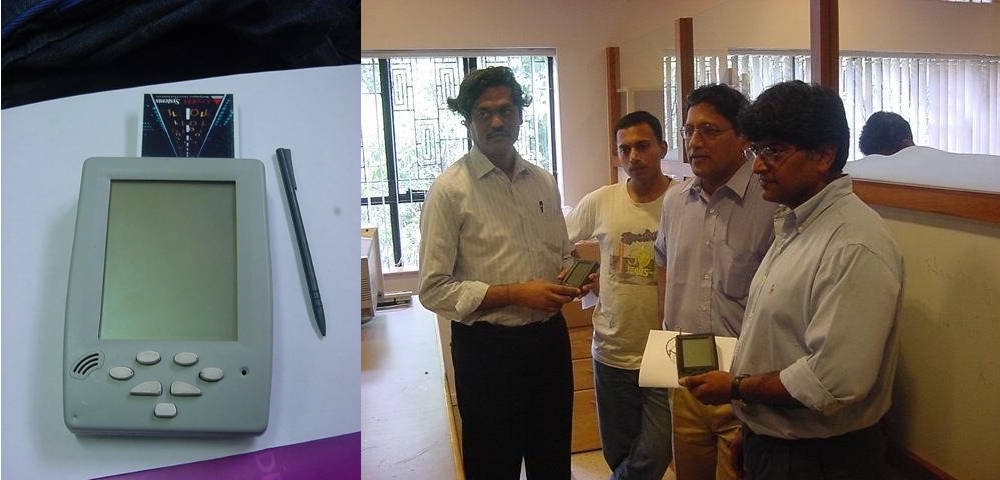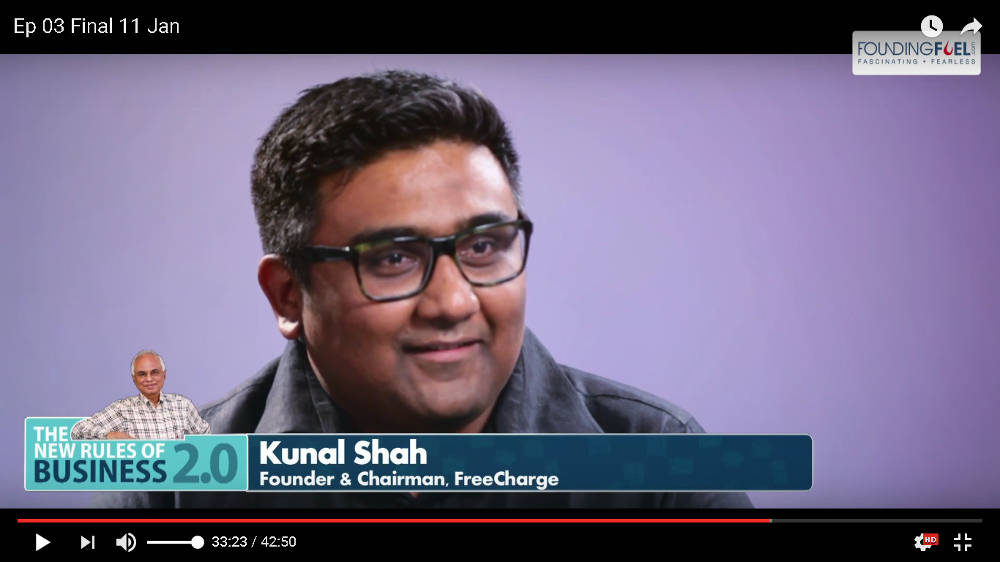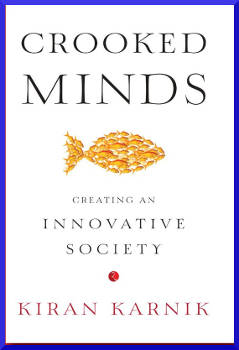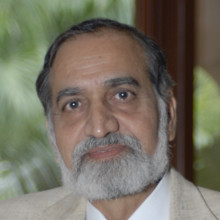[Image by OpenClipart-Vectors under Creative Commons]
Dear friend,
Once upon a time, flitting between technology campuses in suburban Mumbai and the plush environs of hotels was par for course. I was a journalist on the technology beat.
I’d often listen in as teachers and engineering students exchanged notes around something called the Simputer. Everyone was listening in because it was intended to be the cheapest handheld device in the world.
And in the hotels, I’d rub shoulders with CEOs of technology companies. They, in turn wanted to bounce their ideas off Kiran Karnik. He used to head Nasscom, a body that represented Indian IT companies, a proxy then for resurgent India.
I’d swing from animated conversations with students and legendary teachers on campuses on the Simputer and what India’s technology business lacks on the one hand; and CEOs on the other hand who had taken a call on what direction their business ought to take. I often had the privilege of posing questions that emerged from these conversations to Karnik. He’d listen in and offer his views patiently. He was familiar with both worlds.
But how was I to know then that Karnik would go on to write a book that will captivate me 20 years later and put things into perspective? How was I to know that in reporting about the obvious, I hadn’t cottoned on to men like Kunal Shah, the now familiar founder of a disruptive entity called FreeCharge? Because back then, he had chosen to study philosophy, away from the limelight.
That is why, putting these words together is a pleasure. Because it brings back memories of stories long forgotten; of lessons that ought to have been learnt; and meeting up with people who took the road less taken.
This note also marks the beginning of another iteration at Founding Fuel as well. We’ll keep you posted.
If you like the sound of all this, may I suggest you subscribe to our newsletter?
All of my very best,
Charles Assisi
On Behalf of Team Founding Fuel
Featured stories
What lessons does the Simputer hold for Make in India?
N Dayasindhu writes about how the device caught the imagination of the global tech media, but failed to become a commercial success. (Read Time: 8 minutes)

Like I said earlier, the Simputer was intended to be India’s answer to handheld computing. But there is an untold story to it.
While it had captured the imagination of popular media, one look and I dissed it. With the benefit of hindsight, I now know I hadn’t heard the full story. Now, for the first time, N Dayasindhu, co-founder and CEO of itihaasa Research and Digital, tells what it is. The researchers building it were ahead of their times.
On reading his account, it is impossible not to feel sad for all that could have been. And exasperation at having gotten it wrong. Dayasindhu’s account offers pointers to entrepreneurs and policy makers on all of what India ought to be cognizant of. Not everyone may agree with him. There is an interesting exchange on between him and readers in the comments section on the site. May I urge you to join in and share your thoughts with the community? There is a lot to think and debate about. (Read now)
Understanding humans is core to great businesses
In this video, FreeCharge founder Kunal Shah talks about the people insights that make up outstanding businesses. (Play Time: 43 minutes)

My word: Time invested here will be an education.
It starts with Rajesh Srivastava, one of the most thorough gentlemen I know, asking Shah: How did a philosophy graduate and a B-School dropout begin to disrupt existing businesses? The outcome is a high-octane conversation. I was hooked. Shah’s interview has attracted a lot of viewers and is attracting a lot of attention on social media as well.
Thank you Kunal, for sharing your compelling journey with us. A lot many of us will be watching your journey with much interest. (Play now)
What we are reading
Jack Dorsey is losing control of Twitter
I love Twitter. Like many people, I wonder what will come of it. Epitaphs are being written to the platform. The reason I point to this piece right now is because as much as Kunal Shah’s business acumen is being celebrated on the back of his learnings from philosophy, Jack Dorsey is being derided for his Socratic nature. Ironical!
Dorsey and Twitter were profiled by Bloomberg in October 2016. The piece came back to mind after listening in to Shah. What could Dorsey possibly be thinking of now? What may Shah have to say? What thoughts may cross your mind after you read it and listen in to Shah?
We’d love to hear from you.
Three secrets from a bomb disposal expert
A little after we concluded an offsite led by Kavi Arasu, now Director, Learning & Change at Founding Fuel, I stumbled across this lovely piece. It reinforced a lot of what he tried to communicate. Move. Iterate. Move. But keep moving.
I, for instance, am prone to extrapolating “What-ifs” into any given situation. “Bad-idea”, elite professionals in one of the most dangerous professions in the world are taught. They call it getting into a “Rabbit Hole”. Instead, focus on what you can control. One thing at a time. With the benefit of hindsight, that is how the best entrepreneurs I have interacted with operate.
I shared the piece with my colleagues. May I urge you to take time out and add this to your list of must reads?
Meet Kiran Karnik
Kiran Karnik is part of the high powered Advisory Council Founding Fuel is privileged to have. He is a soft-spoken man and an intellectual powerhouse. That feeling was reinforced on reading Crooked Minds: Creating an Innovative Society, his most recent book.
It is precise, engaging, and accessible. The questions and insights his book brings to the table are interesting. What, for instance, is the difference between innovation, frugal innovation, jugaad, and improvisation? At any given point in management history, each of these words have meant different things to different entrepreneurs. I cannot think of too many people who can put that into context. Or for that matter, after having put it into context, think up a uniquely Indian framework to fit this into.

Between my counterpart Indrajit Gupta and me, on reading his book, we thought it may be a good idea to start a new series called “Meet the Author” that begins with an extended engagement with Kiran Karnik over three weeks.
- We will first publish an extract from a chapter of his book that had us intrigued.
- We will follow it up next week by asking Karnik for recommendations to 10 ideas, articles, videos, themes, or whatever else that may have got his attention.
- And finally, I will engage with him on the book and ideas on his mind.
It will be broadcast on Founding Fuel. If there are any questions you may have, I’d be happy to place it before him. To get them answered, please share what you may have on mind on any social media platform including Facebook, Twitter or whatever medium you may think appropriate with the Hashtag #AsktheAuthor.
There is no doubt in my mind much food for thought will emerge.


